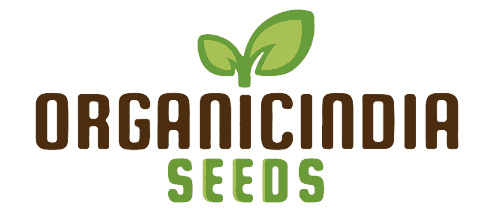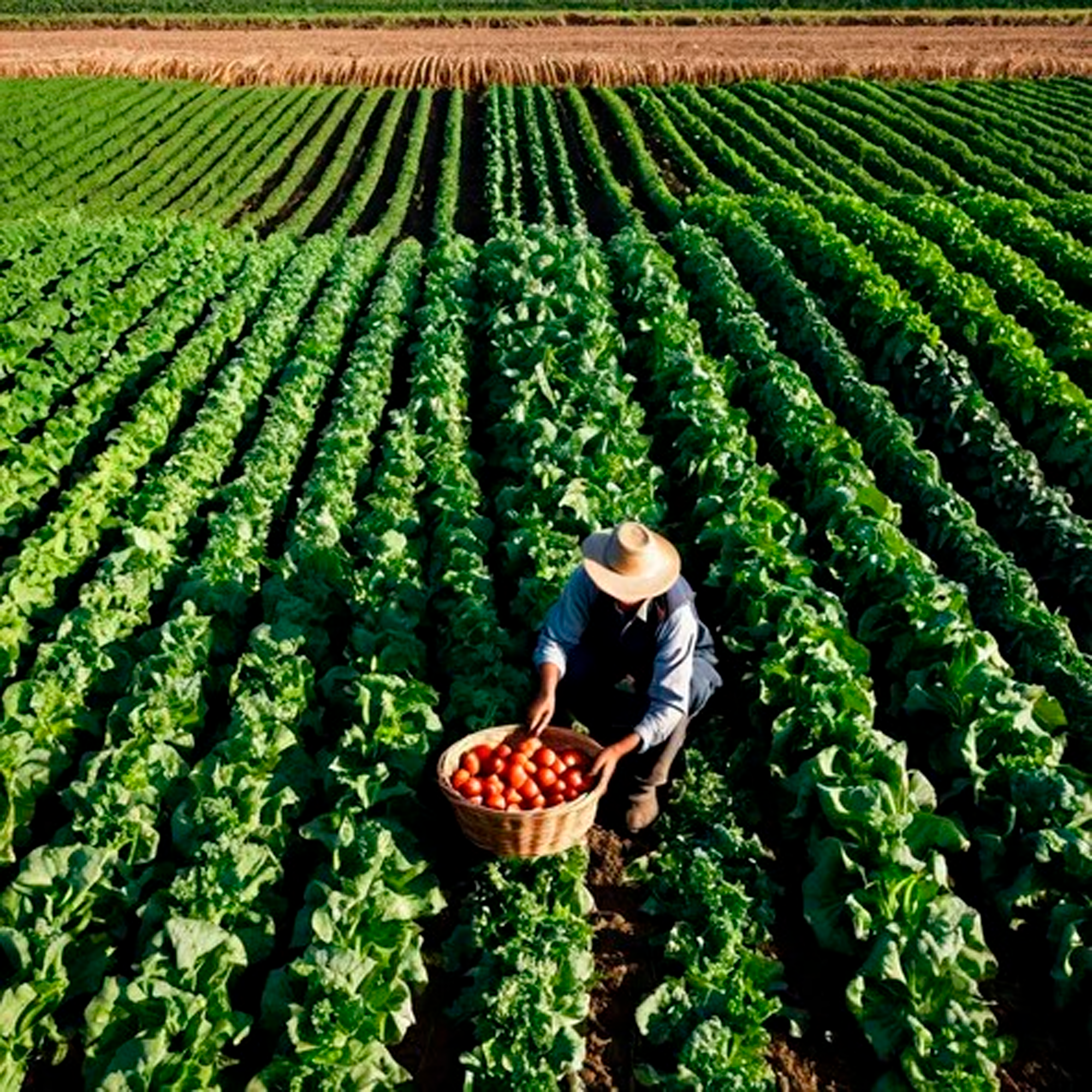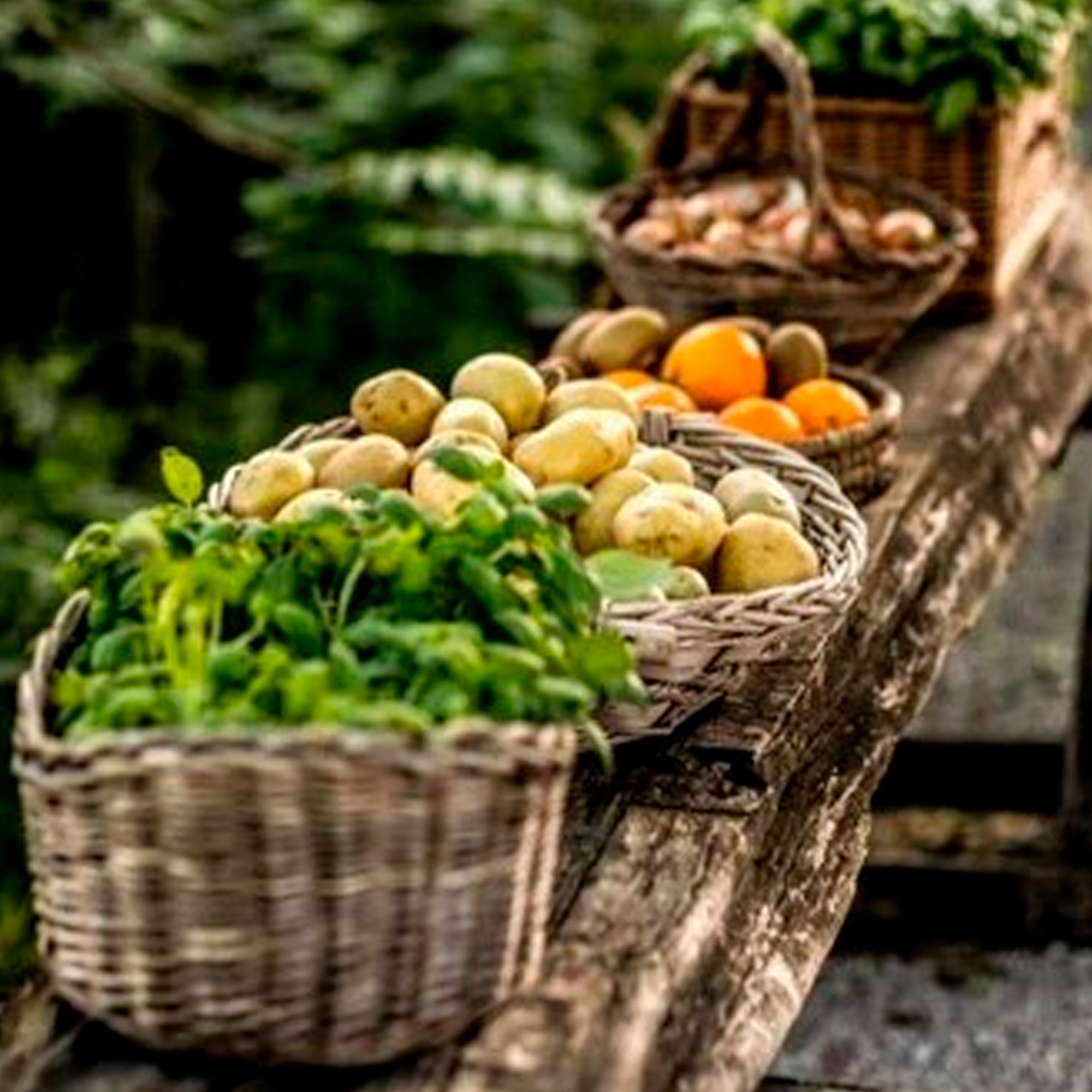Heirloom Seeds: The Key to a Sustainable Future
Heirloom seeds are a type of seed that has been passed down from generation to generation, and they offer a number of benefits to gardeners and farmers. Heirloom seeds are open-pollinated, meaning that they will produce plants that are true to their parent plants. This is in contrast to hybrid seeds, which are produced by cross-pollinating two different varieties of the same species. Heirloom seeds are also more genetically diverse than hybrid seeds, meaning that they are better able to adapt to changing environmental conditions.
One of the most significant benefits of heirloom seeds is that they are often more flavorful and nutritious than hybrid varieties. This is because heirloom varieties have been adapted to local growing conditions over many generations, and they have been selected for their flavor and nutritional value. Heirloom varieties also tend to be more disease-resistant than hybrid varieties, which is important for organic and sustainable farming.
Heirloom seeds are also more affordable than hybrid varieties. This is because they are not subject to the same patenting and licensing fees that hybrid varieties are. This makes them a more cost-effective option for farmers and gardeners.
Heirloom seeds are also important for preserving biodiversity. By growing heirloom varieties, we are able to maintain genetic diversity in our crops, which is important for long-term food security. Heirloom varieties are also more likely to be adapted to local growing conditions, meaning that they are more likely to thrive in a particular region.
Finally, heirloom seeds are important for preserving cultural heritage. By growing heirloom varieties, we are able to maintain the traditions and stories that are associated with them. This is especially important for indigenous cultures, who have been growing heirloom varieties for centuries.
In conclusion, heirloom seeds offer a number of benefits to gardeners and farmers. They are more flavorful and nutritious than hybrid varieties, and they are more affordable and disease-resistant. They are also important for preserving biodiversity and cultural heritage. For these reasons, heirloom seeds are an important part of sustainable and organic farming.



Leave a comment
This site is protected by hCaptcha and the hCaptcha Privacy Policy and Terms of Service apply.